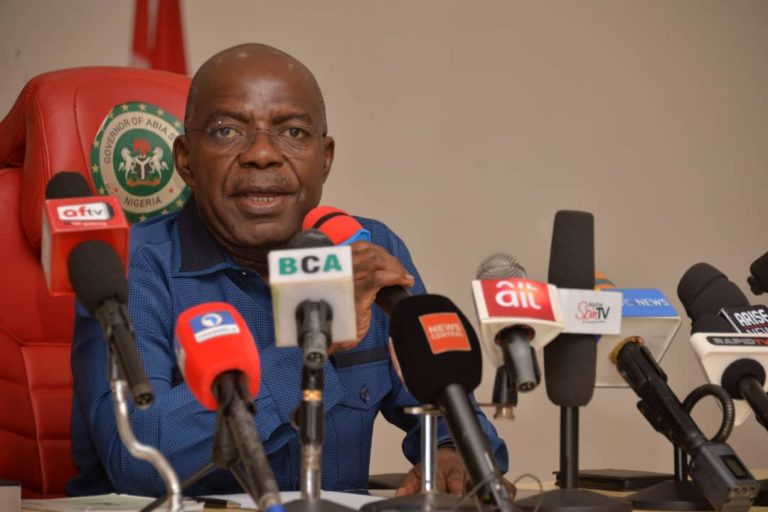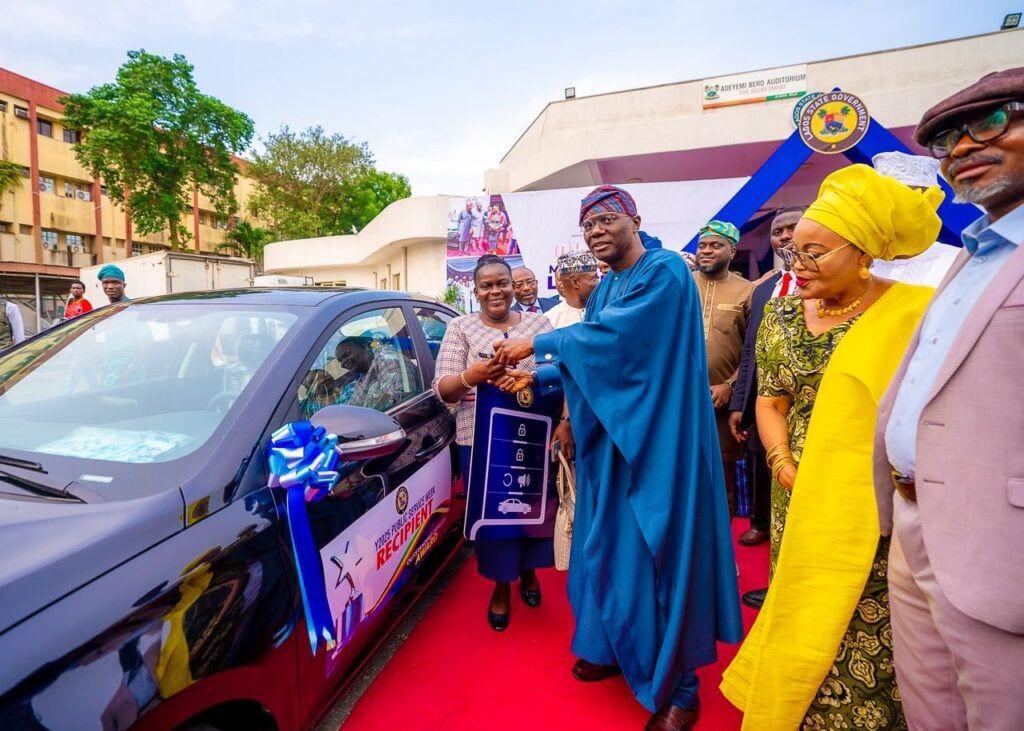Uneven Wage Implementation Fuels Discontent Among Teachers in Nine States

Nearly a year after President Bola Tinubu signed the new minimum wage law mandating a monthly wage of ₦70,000 for teachers, nine states are still yet to implement the policy raising questions about political will and deepening inequalities in the education sector.
This revelation comes from data exclusively obtained from the Nigeria Union of Teachers (NUT), which painted a troubling picture of inconsistencies in wage enforcement across the federation.
Despite the law’s enactment on July 29, 2024, following its passage by the National Assembly, the implementation of the new wage structure remains patchy especially for teachers employed under local governments.
The NUT National President, Titus Amba, condemned the delay, warning that the refusal of some state governments to honour the new wage agreement is eroding morale and undermining the quality of basic education delivery.
“Let the minimum wage reach all workers so everyone will feel a part of it,” Amba said. “It is unfair for those not getting the higher wage, and it will affect the balance of education delivery.”
The states named by the NUT as yet to implement the new wage include: Abia, Adamawa, Ebonyi, Enugu, Gombe, Kaduna, Nasarawa, Yobe, and Zamfara.
In Adamawa, although teachers now earn the ₦30,000 wage introduced under the Buhari administration, they are yet to benefit from the new ₦70,000 standard. Ebonyi and Abia states are also listed among the non-compliant states, with no formal wage increase recorded.
In Enugu, the government has reportedly added a ₦50,000 wage award across the board, including to teachers’ salaries. However, the NUT clarified that this increase is not tied to the structured implementation of the ₦70,000 minimum wage and could be subject to reversal.
The situation in Gombe State is similarly uneven. While some workers have seen wage improvements, primary school teachers continue to be excluded.
In Kaduna, the government has cited an ongoing teacher verification exercise as the reason for delayed compliance.
Nasarawa, Yobe, and Zamfara states were also listed as non-implementing, with no clear timelines or explanations given for the delay.
The NUT noted that as of October 2024, at least 12 states mainly those employing teachers under local government structures were still paying the obsolete ₦18,000 minimum wage introduced over a decade ago, ignoring even the ₦30,000 wage signed into law by former President Muhammadu Buhari in 2019.
This persistent wage disparity reached a boiling point in the Federal Capital Territory, where teachers staged a strike lasting over 100 days to demand implementation of the current wage.
The industrial action only ended after Area Council chairmen agreed to redirect portions of their internally generated revenue (IGR) to fund the salary increase.
The NUT is now intensifying its advocacy, urging defaulting states to begin immediate implementation and those already paying the new minimum wage to ensure the increase covers all categories of teachers, not just select segments.
With a new wage law in place, analysts say what remains is political commitment to full implementation, especially in the education sector, which remains foundational to Nigeria’s development.
Failure to correct the imbalance, the union warns, risks widening the education inequality gap, especially between urban and rural areas, and may lead to renewed strikes, further destabilizing learning across public schools.








